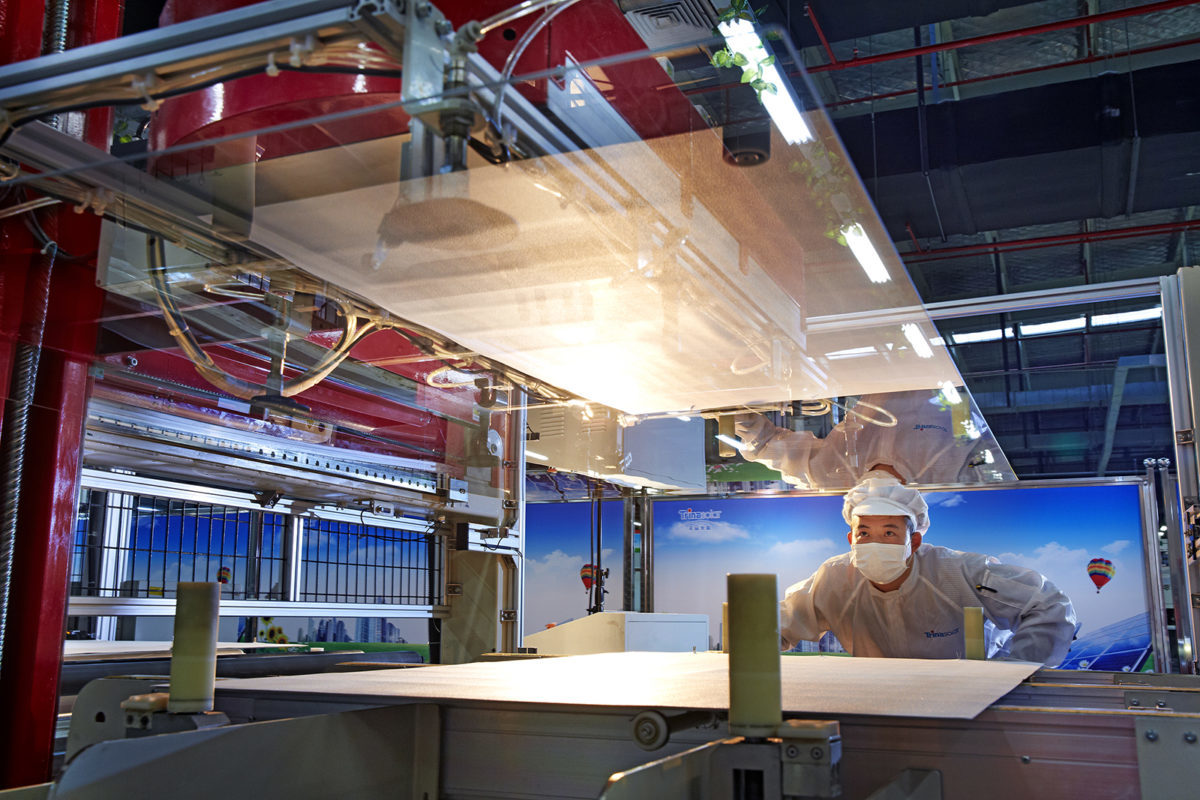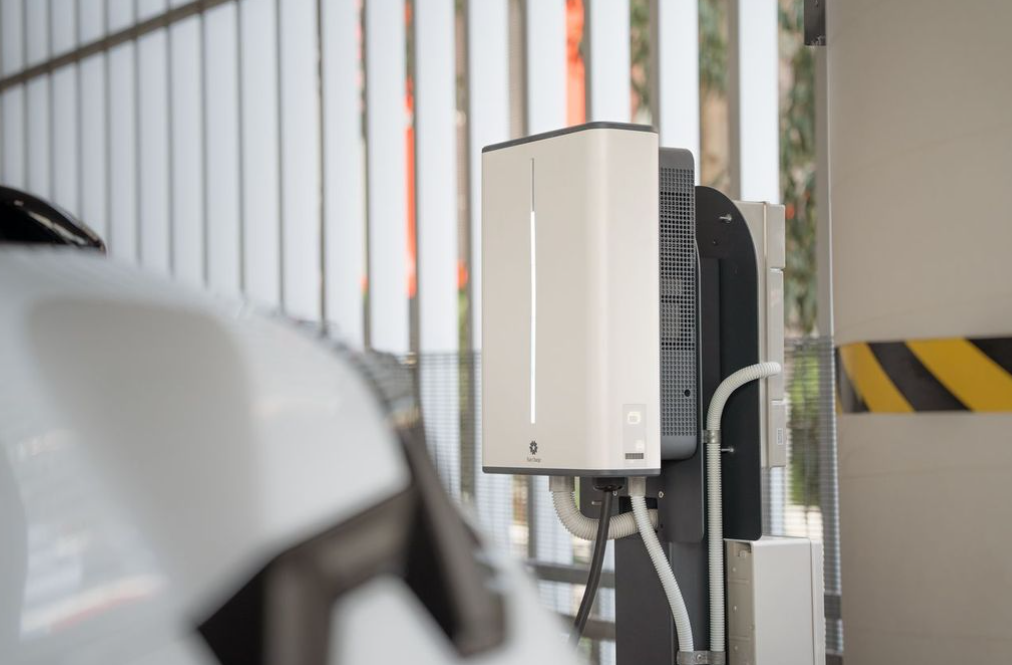As the result of an abrupt reduction of support for the nation’s solar PV market, Bloomberg New Energy Finance (BNEF) has predicted a 34% decline in multicrystalline solar module prices in China.
This would be roughly equivalent to the fall in module prices in 2016, and only exceeded by the 40% fall in prices in 2011.
And as China is by far the world’s largest solar market, this is expected to spread globally. “Oversupply is universal,” states a note by BNEF, written by four members of the organization’s Chinese team.
BNEF provides a benchmark monocrystalline module price of US$0.37 per watt for the fourth quarter of 2017, and expects this to fall to only $0.24/watt by the end of the year, including a 16% value-added tax in China.
Supply chain woes
The note predicts “market panic” in the short term, and for developers to suspend installation throughout the third quarter while waiting for the release of the new quotas and cheaper module prices.
For the supply chain, the implications of an abrupt halt to the Chinese market are stark. BNEF expects this to lead to “enhanced inventory”, with the organization noting that large amounts of multicrystalline wafers were already sitting in warehouses in May. The newly anticipated slowdown in demand is expected to hit multi harder than mono, with the latter still benefitting from demand through the nation’s Top Runner program.
BNEF expects the most severe impacts on polysilicon, due to the inflexibility of the material’s production equipment, and is anticipating that prices will fall to $11-12 per kilogram by the end of the year. However, the organization notes that the slow-down in demand will also affect non-silicon materials.
This in turn will lower the price of module production, and BNEF anticipates that “best practice” module production costs will decline to $0.24 per watt, leaving very slim margins for module makers. However, some large Chinese PV makers are already expecting to bring down their costs below these numbers by the first half of 2019.
Read the full version of this story at pv magazine USA
This content is protected by copyright and may not be reused. If you want to cooperate with us and would like to reuse some of our content, please contact: editors@pv-magazine.com.








By submitting this form you agree to pv magazine using your data for the purposes of publishing your comment.
Your personal data will only be disclosed or otherwise transmitted to third parties for the purposes of spam filtering or if this is necessary for technical maintenance of the website. Any other transfer to third parties will not take place unless this is justified on the basis of applicable data protection regulations or if pv magazine is legally obliged to do so.
You may revoke this consent at any time with effect for the future, in which case your personal data will be deleted immediately. Otherwise, your data will be deleted if pv magazine has processed your request or the purpose of data storage is fulfilled.
Further information on data privacy can be found in our Data Protection Policy.